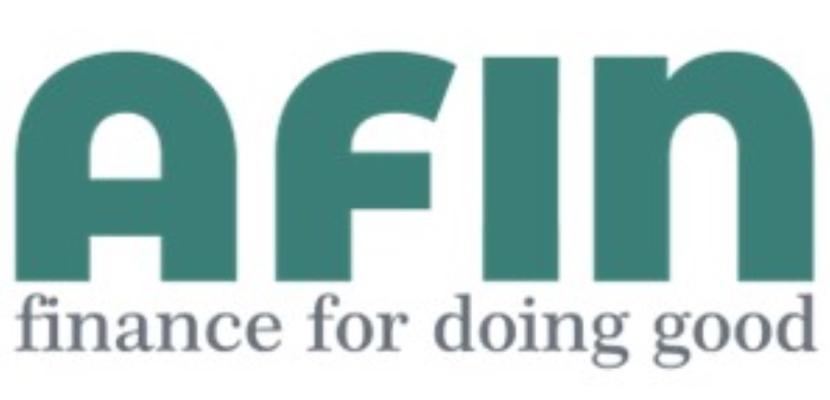
Integrated model AFIN IFN & SFA

About this good practice
AFIN is the first non-banking financial institution (NBFI) in Romania exclusively dedicated to social economy.
Financed in 2021 by EU, within EaSi Programme with 3 partners: a social economy foundation (ADV), an NBFI (Patria Bank IFN), European Federation (FEBEA).
Certified as a social enterprise (90% of profit to be reinvested), in 2023, it started its crediting activity under the supervision of the National Bank of Romania.
Their main objective is to facilitate access to financing for social enterprises that have overcome their start-up phase and need capital resources to grow.
AFIN developed an integrated operational model, successfully combining a financial and consulting separate 2 legal bodies: A. Financial (AFIN NBFI): Working capital loans, Investment loans, Bridge loans; B. Consulting (SFA= Social Finance Association) as NGO: Develop specific social economic programs (legal, educational, etc.); Facilitate the exchange of know-how between social entities; Advise social entrepreneurs to establish businesses and to develop towards self-sustainability and become eligible for getting loans; Provide other resources (from partners and sponsors) for operating expenses /capacity building, share capital, guarantees for the clients that lack collateral for loans.
AFIN creates awareness and offers support for social entrepreneurs (i.e. accessible and personalized loans, business support, mentoring, financial education) and for investors (multiplying financing impact).
Expert opinion
AFIN stands out for two main reasons. First, it offers alternative financial solutions dedicated to the field of social economy. In most of Eastern Europe such instruments or bodies that would offer credit specifically related to social impact are far and in between. Such financing sources are crucial for impact minded startups or for NPAs seeking non-grant-based funding. Especially the first can struggle to get capital for growth if the private investors are not (social) impact minded. Therefore AFIN helps to fill a market gap for a certain segment of social economy actors in Romania. Secondly, the practice stands out by its integrated operational model that also enables to provide consulting support. Such hybrid approach can be very inspiring for other regions in Europe. Lastly, it should be noted that this new model has become possible thanks to the support of the EaSI Programme – a go-to programme on the EU level for social economy development. Regions seeking to develop their social economy should acquaint themselves with the EaSI programme to similarly make use of the opportunities provided by it.
Resources needed
Financial sustainability - Initial Budget ~200.000 euros, NGO capital 20-30.000 euros/year, IFN prudent debt equity 1/3; minimum 3 employees, confirmed by FEBEA as partner.
Monitored by National Bank and support community in place (finance/business training/ mentoring for social entrepreneurs).
Evidence of success
AFIN started its activity with an initial share capital of 245.000€.
The company signed 3 credit contracts with 3 local banks in the total amount of 230.000 EUR and then achieved an increase of the share capital by 95.000€.
From May 2023 until the end of 2023, a total number of 20 credits were disbursed to legal entities with social impact at the national level, in a total amount of 280.000€.
The qualitative results of the financing model are monitored through social impact indicators.
Potential for learning or transfer
This GP has the potential for transfer because MICROFUTURE partners showed similar social economy challenges and implementation outcomes are promising.
The integrated model AFIN IFN &SFA is a scalable one and shows interest for other countries, especially for those in Eastern Europe, where social entrepreneurship represents a viable solution to respond to the social and economic challenges faced by developing countries, such as the Republic of Moldova or Ukraine.
Less than 1 year since AFIN IFN S.A. started its activity, the results are: increase the number of requests to obtain a loan from legal entities with social impact, mainly start-ups that want to pass in the phase of acceleration and development of business with social impact; of NGOs that need cash-flow on projects with non-reimbursable financing for running programs with social impact, social entrepreneurs who want to initiate economic activities and by generating income to continue their social mission in the community.
Further information
Good practice owner
You can contact the good practice owner below for more detailed information.
